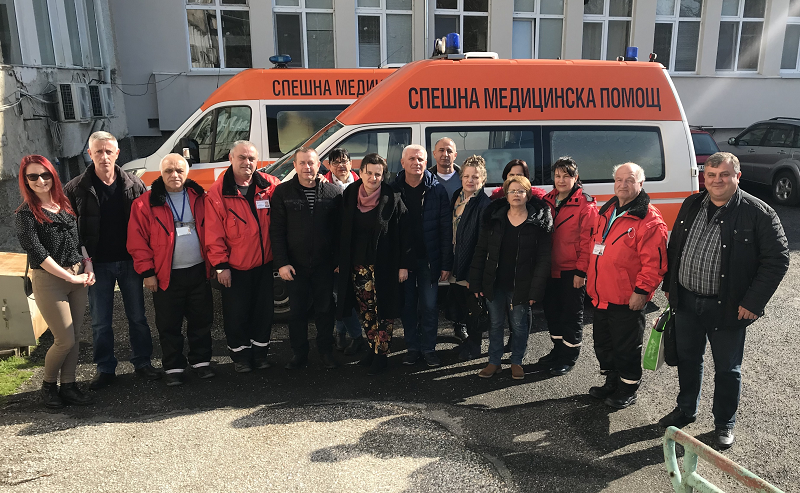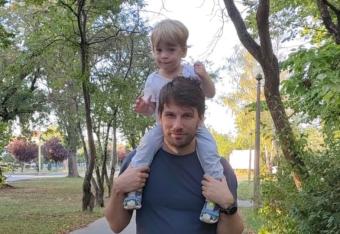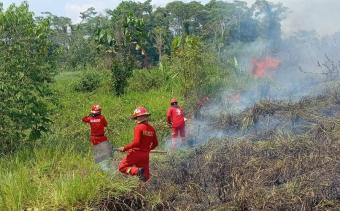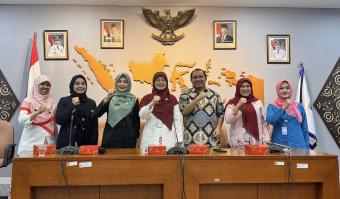Time is the most valuable resource we have. Very often we want to have more time for our relatives and friends, more time in nature, more time for ourselves. Sometimes, we waste it and it slips imperceptibly between our fingers and in the end it’s never enough.
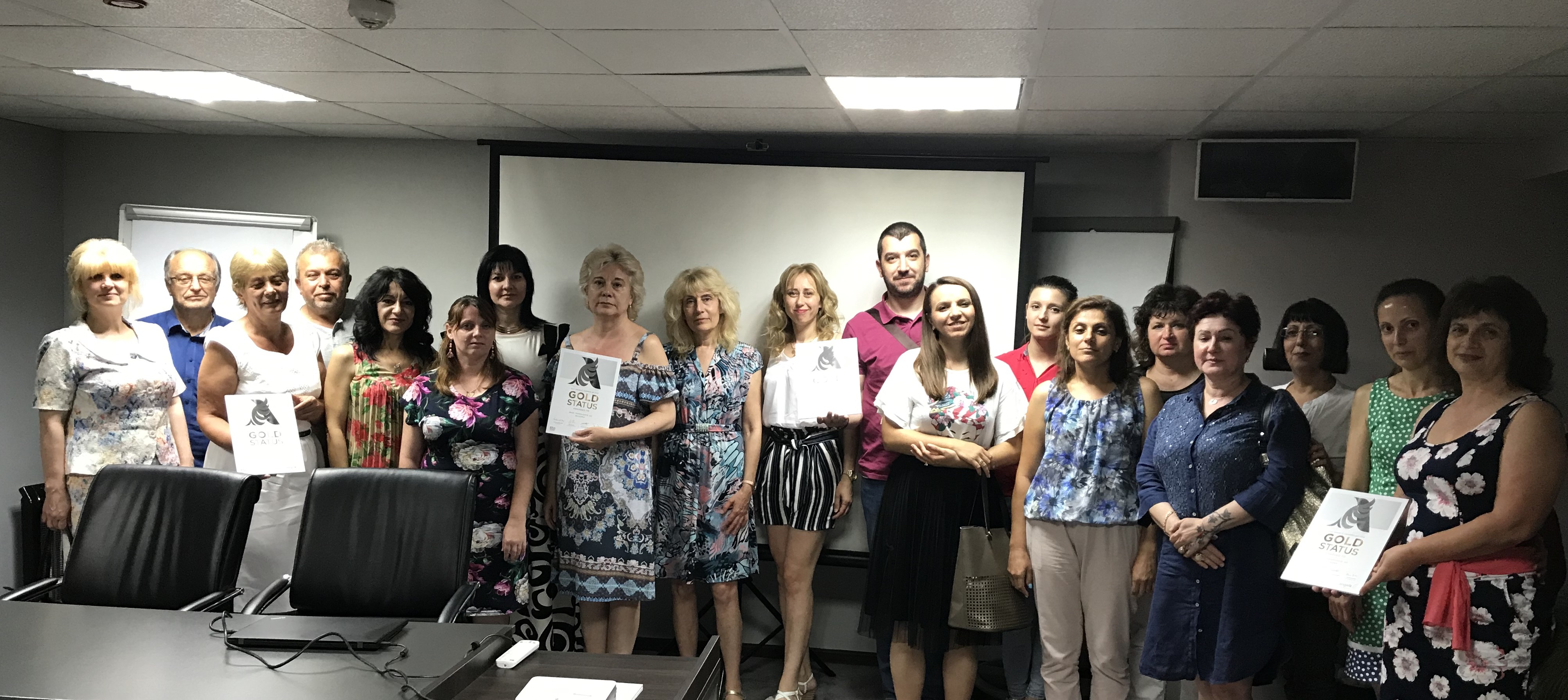
Hardly anyone knows the cost of time better than the emergency services teams. In the most cases they are the first medical contact for many patients and sometimes they must do the impossible to provide them with timely specialized medical care.
The teams of the Emergency Medical Services (EMS) in many regions in Bulgaria are joining forces with the local stroke centers and the Angels initiative to provide the best possible care for each stroke patient.
In July 2019 in the town of Targovishte, a meeting was held between the teams of the EMS in the district and MHAT Targovishte to discuss the current international recommendations for stroke treatment , the main actions of the emergency teams for such patients, the successes and the difficulties in the region.
The inspiring atmosphere and effective discussion underlined the already good collaboration between the two units and their desire to work following the best possible practices that allow many stroke patients from the region to get a second chance at life. The effectiveness of this collaboration also gets international recognition. MHAT Targovishte achieved Gold status in the ESO Angels Awards for the third consecutive year. In order to highlight that EMS played a key role in achieving those excellent results, the awards ceremony took place during the joint meeting in Targovishte.
Another excellent example of collaboration is shown in the district Veliko Tarnovo. In 2019, an updated action plan for stroke patients treatment was implemented in two of the hospitals in the region - MDHAT "Dr. Stefan Cherkezov", Veliko Tarnovo and MHAT "St. Ivan Rilski ”, Gorna Oryahovitsa. As a next logical step, a meeting with the EMS teams of the district was organized in November 2019. More than 20 specialists discussed the following important topics:
- Optimizing territorial distribution
- Identifying referral areas
- Pre-notification plan and pathway
- Stroke patient management
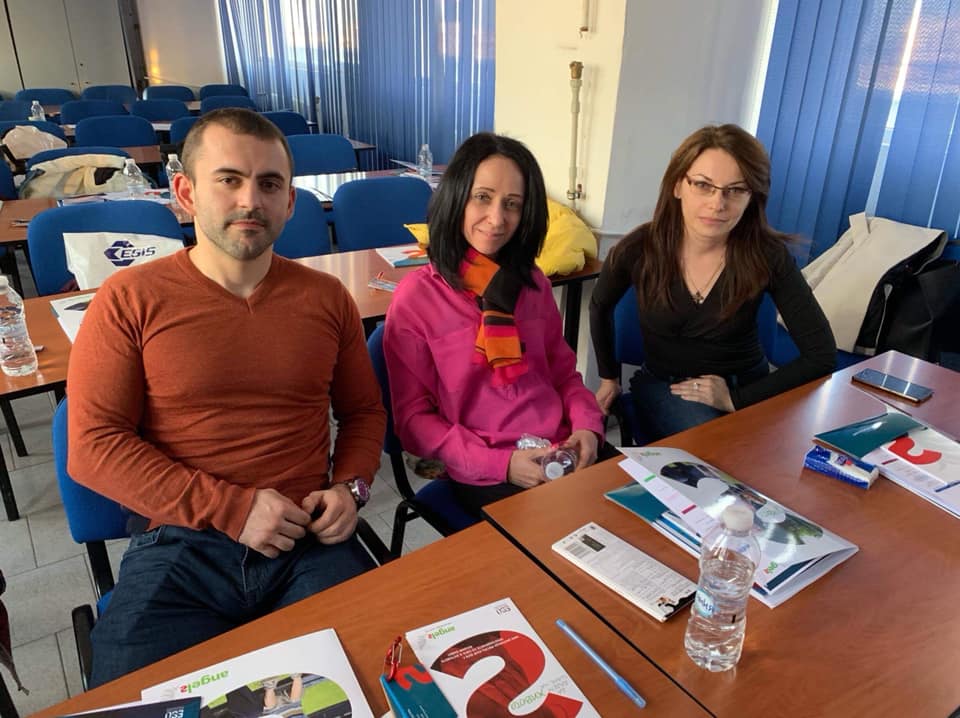
The outcome of this meeting will help the region to continue their progress in the improvement of stroke treatment. Since the beginning of this collaboration between the hospitals and the EMS in the region, there has been an increase of the number of patients coming in the 4.5h time window and receiving treatment. The increase of the treated stroke patients in the region in H1 2020 compared to H1 2019 is 26% despite the many limitations regarding COVID-19.
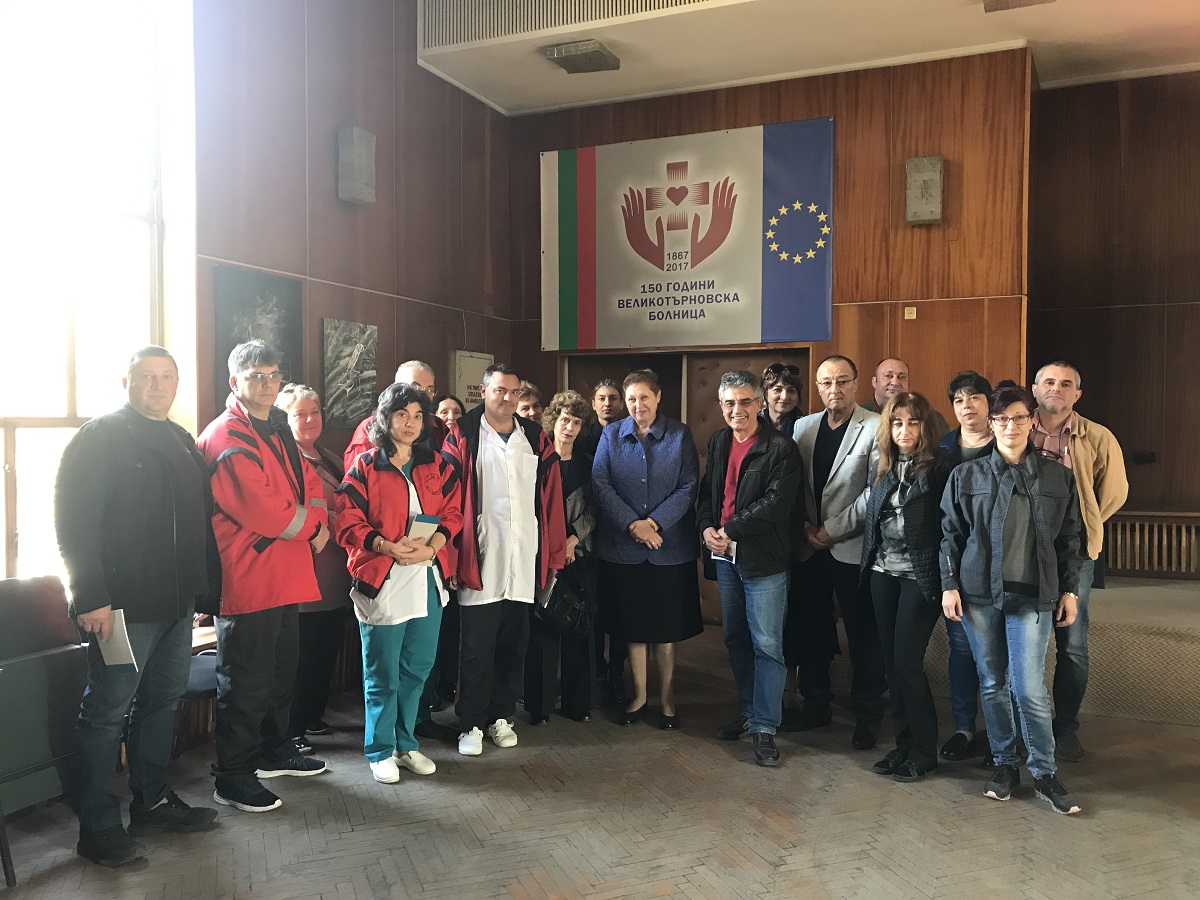
Feedback is one of the most important tools that can be used for better communication and collaboration between hospitals and EMS teams.
Many times, EMS teams don’t receive any follow-up information after leaving patients at the hospital. They will never know what their impact on patient’s medical outcome was and therefore won’t be able to adjust their actions in order to improve the assessment of the stroke patient. Implementing a feedback system and integrate EMS teams is a simple but effective step to achieve better results in stroke care.
For example, the region of Kardzhali maintains a weekly communication between the head of the regional EMS and the head of the neurology department in the local stroke center. The head of the neurology (Dr. Yordan Karaivanov) collects and shares specific data of all the stroke cases admitted to the hospital – the door to treatment time, if there was a pre-notification and what information was delivered, the outcome of the stroke treatment, etc. Then, the head of the EMS (Dr. Atanas Mitkov) delivers the information to the EMS teams during their regular meetings - they discuss what was done right, what can be improved and how they as a team have impacted the outcome for each stroke patient.
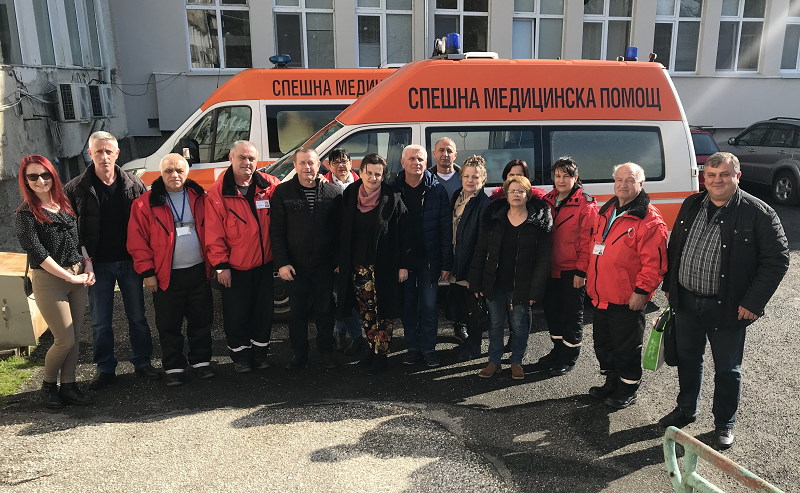
The need for this feedback system was discovered in the beginning of the consultancy process in the region and it was very quickly adopted and promoted by the head of the EMS. Additionally, at least once per year, the head of the neurology department is going to each EMS office in the region of Kardzhali together with the Angels consultant to discuss the organization in the region and their contribution to the process directly to the teams. As a result of these focused communications between the EMS and the stroke center in the region, the local hospital was transformed from a not treating one to the 5th most active stroke center in Bulgaria in 2020 after only two years.
